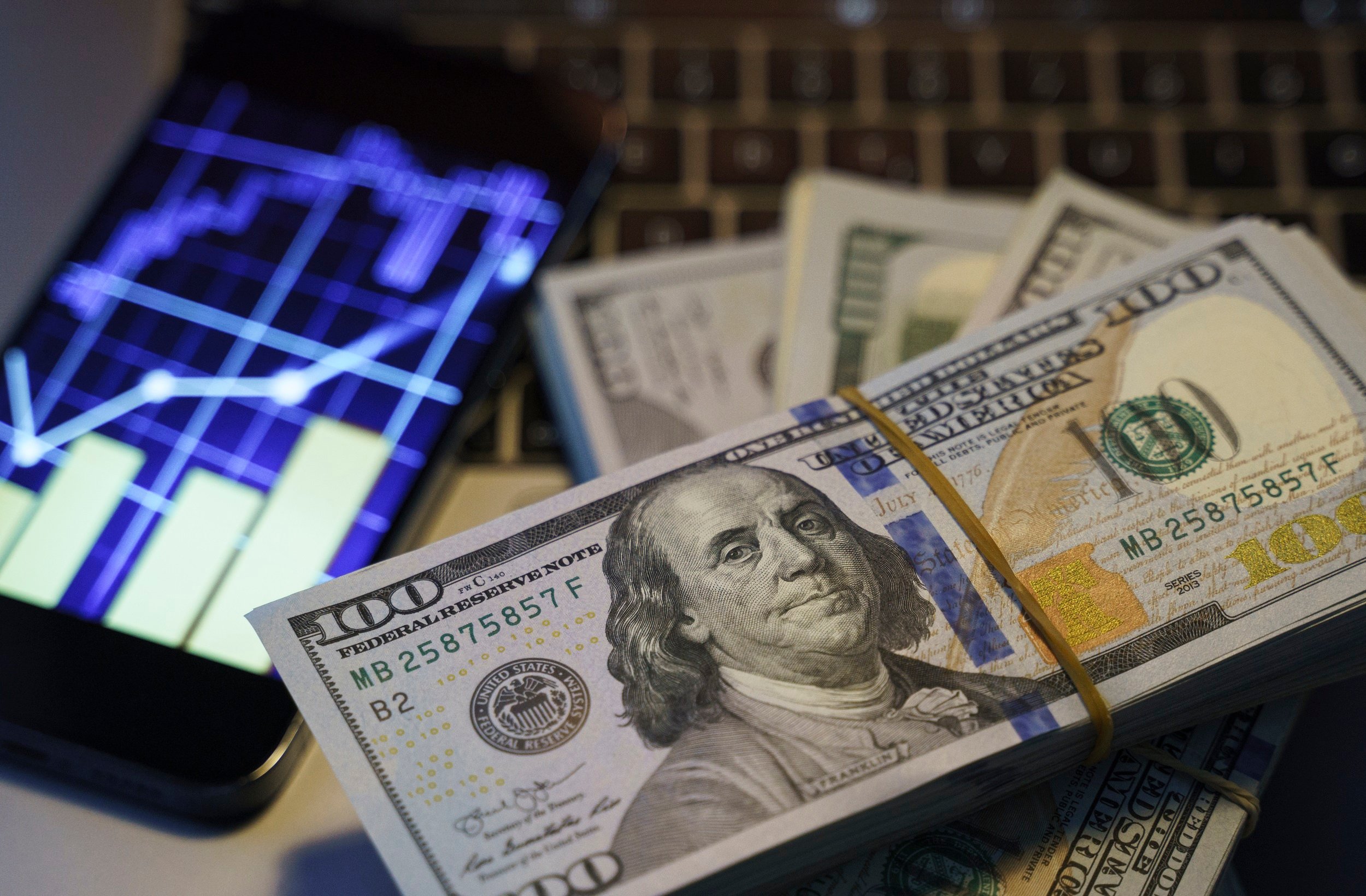Palantir Technologies (PLTR 8.68%) is a cornerstone of the artificial intelligence (AI) trade, particularly among retail investors. The company has consistently crushed Wall Street's expectations, and shares have advanced 1,800% since Palantir launched its AI platform in April 2023.
Yet, the stock recently hit turbulence despite the company's strong market presence and solid third-quarter financial results. In November, hedge fund manager Michael Burry -- famous for predicting the collapse of the housing market ahead of the financial crisis, a story chronicled in the book The Big Short: Inside the Doomsday Machine -- disclosed a substantial short position in Palantir.
Is it time to buy?

Image source: Getty Images.
Palantir CEO Alex Karp says short sellers are trying to manipulate the market
Palantir CEO Alex Karp joined CNBC's Squawk Box earlier this month to discuss Michael Burry's short position. A Form 13F published a day earlier showed the hedge fund manager had 66% of his $1.4 billion portfolio in put options against Palantir. Karp called the decision "bat s*** crazy" and wondered aloud why anyone would attack "what is clearly the most important software company in America."
Karp also reminded listeners that Palantir has consistently burned short sellers in the past and offered an outlandish explanation as to why Burry and other investors are betting big against the stock. "Honestly, I think what is going on here is market manipulation," he told CNBC. "I'm sorry short sellers can't tell the difference between products that work and products that don't."
That is a bizarre thing to say. Karp is clearly an intelligent person, yet he conflates questions about whether Palantir builds quality software and whether the stock is overvalued. Those are very different questions. Not even the best software stock in the world is worth buying at any price.

NASDAQ: PLTR
Key Data Points
Palantir builds great software, but the stock still trades at an absurd valuation
Palantir spent its early days developing analytics tools for the U.S. intelligence community, where its Gotham platform played an important role in counterterrorism operations. The company has since adapted its software to the private sector, where its Foundry platform empowers decision-making across industries like finance, healthcare, manufacturing, and retail.
Palantir launched an artificial intelligence platform called AIP in April 2023. That product functions as a large language model orchestration tool that lets developers build generative AI features into business processes and applications. Forrester Research analysts have since recognized Palantir as a technology leader in machine learning platforms and AI decisioning software.
In turn, the company has reported increasingly impressive financial results, such that sales growth has now accelerated in nine consecutive quarters. Management says investments in unique software architecture and infrastructure have given Palantir an edge in enterprise AI. Chief Revenue Officer Ryan Taylor explains, "The real opportunity and our unique capability lies in moving from prototype to production."
In short, Palantir has become a major player in an industry that will likely grow very quickly in the years ahead. But that does not mean investors should pay any price for the stock. Palantir traded at 125 times sales when Karp made comments about market manipulation. Few other software stocks have ever attained such a multiple and none have sustained it indefinitely.
In fact, despite falling 25%, Palantir shares trade at 102 times sales today, the most expensive valuation in the S&P 500 several times over. The next closest company is AppLovin at 32 times sales. That means Palantir shares could decline another 66% and it would still be the most expensive stock in the index by that valuation metric. That is absurd.
Here's the bottom line: Palantir is an excellent company. It has done an admirable job of capitalizing on AI demand, and I anticipate strong financial results in the coming years. But the risk-reward profile is heavily skewed toward risk due to the valuation. So, despite the 25% decline, investors should avoid the stock or at least keep any positions very small. I say that as a shareholder myself.





